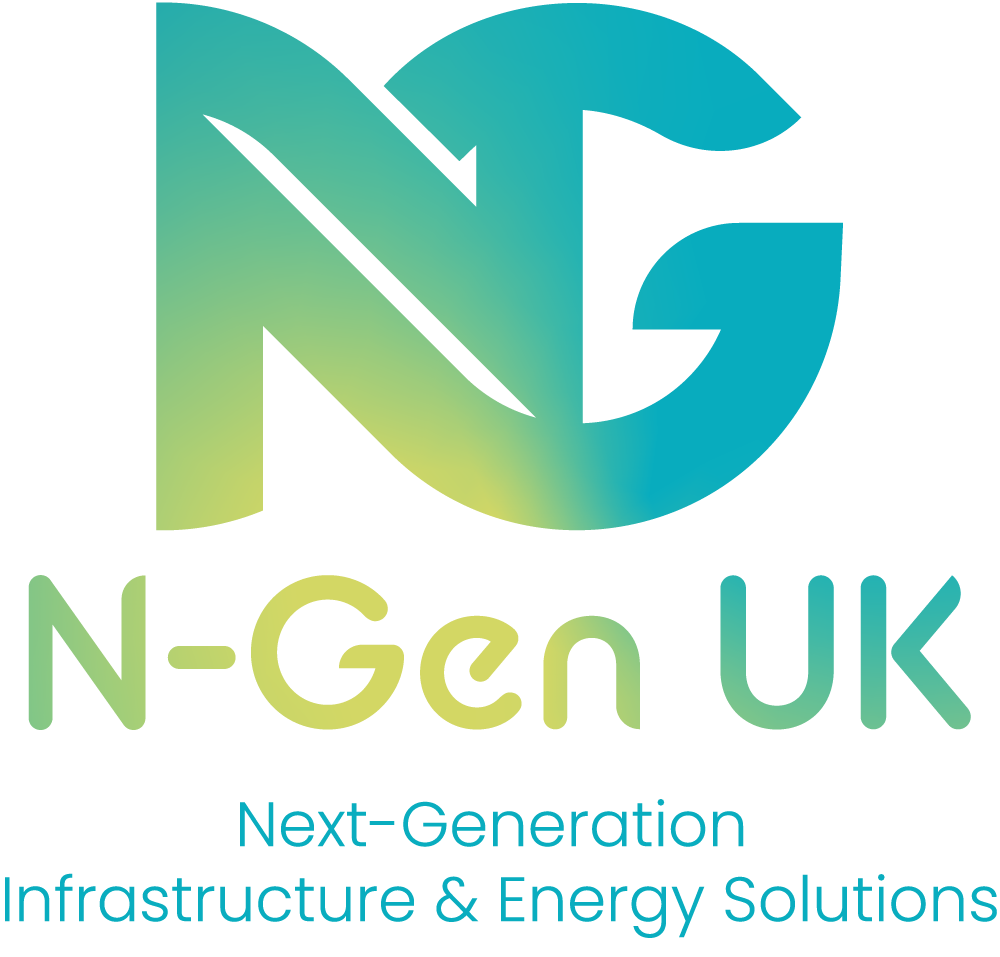
Bradford Low Carbon Hydrogen has been awarded funding through the government’s Hydrogen Production Business Model, Hydrogen Allocation Round one.
With the plant having the capacity to produce around 24.5 MW of hydrogen, the scheme is the largest of total of 11 projects given the go-ahead during this first round of allocating funding. With a capacity of 12.5 tonnes of hydrogen production daily, the facility could fuel a total of 800 diesel buses.
The hydrogen will be produced through a process known as electrolysis, using electricity to split water into hydrogen and oxygen.
Businesses and other users in West Yorkshire will be able to use the refuelling facilities on site, with distribution experts Ryze delivering hydrogen to industrial users across the region.
The Hydrogen Production Business Model is a contractual support mechanism developed by the Government to stimulate and support the production of low carbon hydrogen and overcome the cost gap between low carbon hydrogen and higher carbon counterfactual fuels.
The Government stated that its Hydrogen Allocation First Round puts the UK in a leading position internationally, representing the largest number of commercial scale green hydrogen production projects announced at once anywhere in Europe. In total the round will provide over £2 billion of revenue support from the Hydrogen Production Business Model, which will start to be paid once projects become operational. Over £90 million from the Net Zero Hydrogen Fund has been allocated to support the construction of all 11 projects.
It stated that the projects awarded contracts have the potential to:
-
- kickstart the low carbon hydrogen economy across the UK, helping meet the ambition of up to 1GW of electrolytic hydrogen production capacity in operation or construction by 2025
- deploy at scale at the earliest opportunity, advancing government’s aim to deploy up to 10GW of low carbon hydrogen production capacity by 2030, subject to affordability and VfM, with at least half from electrolytic hydrogen production capacity, and to do so at affordable costs by harnessing economies of scale. This could potentially unlock up to £11 billion of private investment and support more than 12,000 jobs by 2030
- help deliver carbon savings to allow us to stay on track to meet Carbon Budget 5, Carbon Budget 6 and other net zero commitments, by providing hydrogen to a range of end user sectors
Find out more about the successful projects from the Government’s Hydrogen Allocation Round One here

